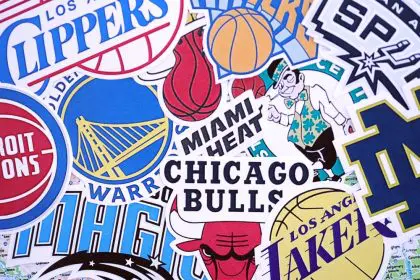 Consumers will spend less at their local pharmacies over the next 14 months as the patents of seven of the world’s 20 best-selling drugs expire. Brand-name drugs will lose market share to generic versions, cutting cost for patients and health benefits companies.
Consumers will spend less at their local pharmacies over the next 14 months as the patents of seven of the world’s 20 best-selling drugs expire. Brand-name drugs will lose market share to generic versions, cutting cost for patients and health benefits companies.
Typically costing 20 percent to 80 percent less than the brand names, generic versions of big-selling drugs for high cholesterol, high blood pressure, asthma, diabetes, depression, high triglycerides, HIV/AIDS and bipolar disorder are scheduled to hit the open market.
“My estimation is at least 15 percent of the population is currently using one of the drugs whose patents will expire in 2011 or 2012,” Joel Owerbach, chief pharmacy officer for Excellus Blue Cross Blue Shield, which serves upstate New York, recently stated when interviewed by CBS News. Drug patents are granted for 20 years.
When a drug loses patent protection, often, only one generic version is on sale for the first six months, so the price initially falls slightly. Then, several other generic drug makers usually join the market, driving prices down dramatically.
Last year, the average generic prescription cost $72, versus $198 for the average brand-name drug, according to consulting firm Wolters Kluwer Pharma Solutions. Those figures average all prescriptions, from short-term to those that are 90-day.
Protonix, for severe heartburn, recently went off patent and now costs just $16 a month for the generic, versus about $170 for the brand name. And of the top sellers that soon will have competition, Lipitor retails for about $150 a month, Plavix costs almost $200 a month and blood pressure drug Diovan costs about $125 a month. For those with drug coverage, their out-of-pocket costs for each of those drugs could drop below $10 a month.
Insurers use systems that make sure patients are switched to a generic the first day it’s available. Many health plans require newly diagnosed patients to start on generic medicines. And unless the doctor writes “brand only” on a prescription, if there’s a generic available, that’s almost always what the pharmacist dispenses.
–a. robinson










